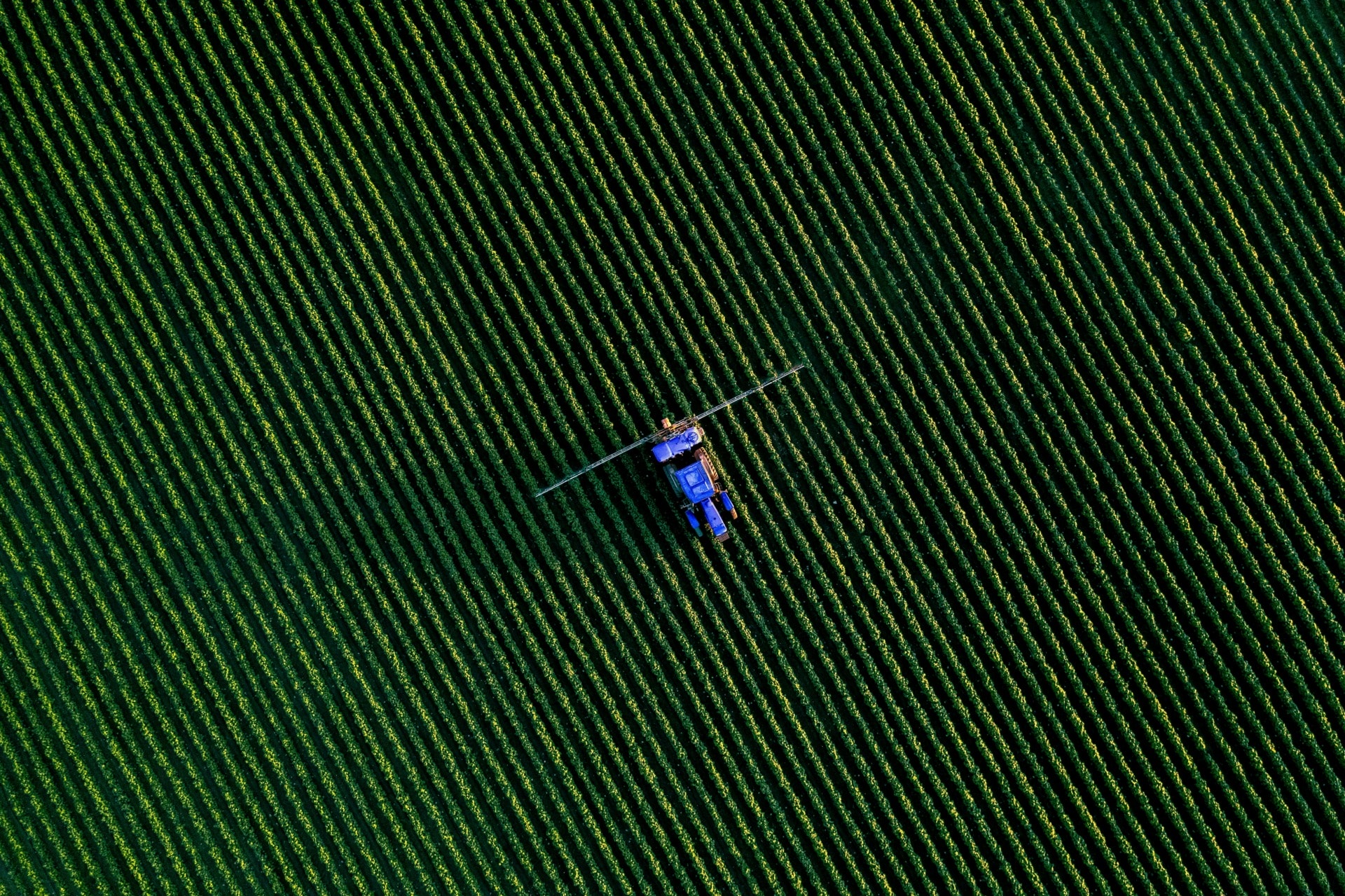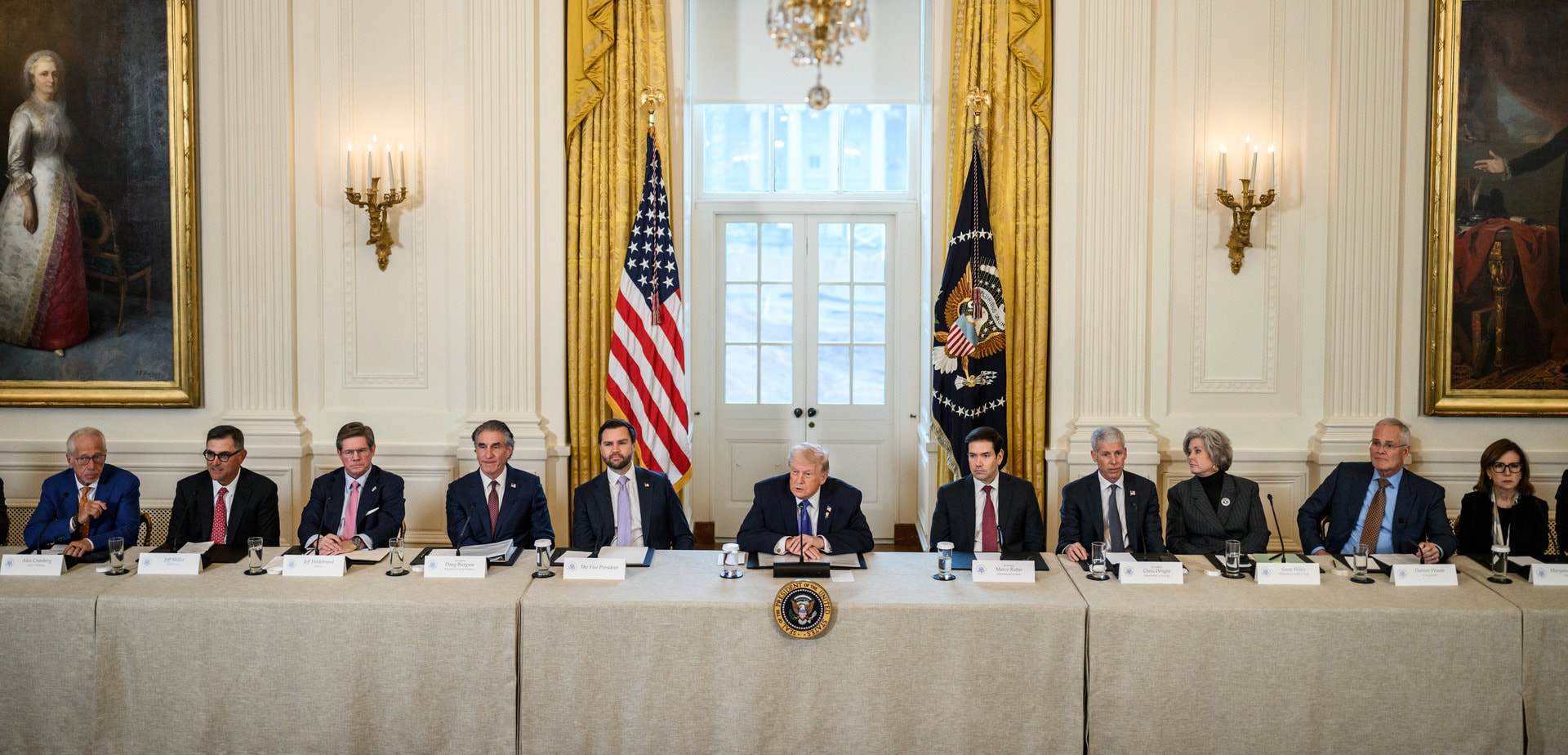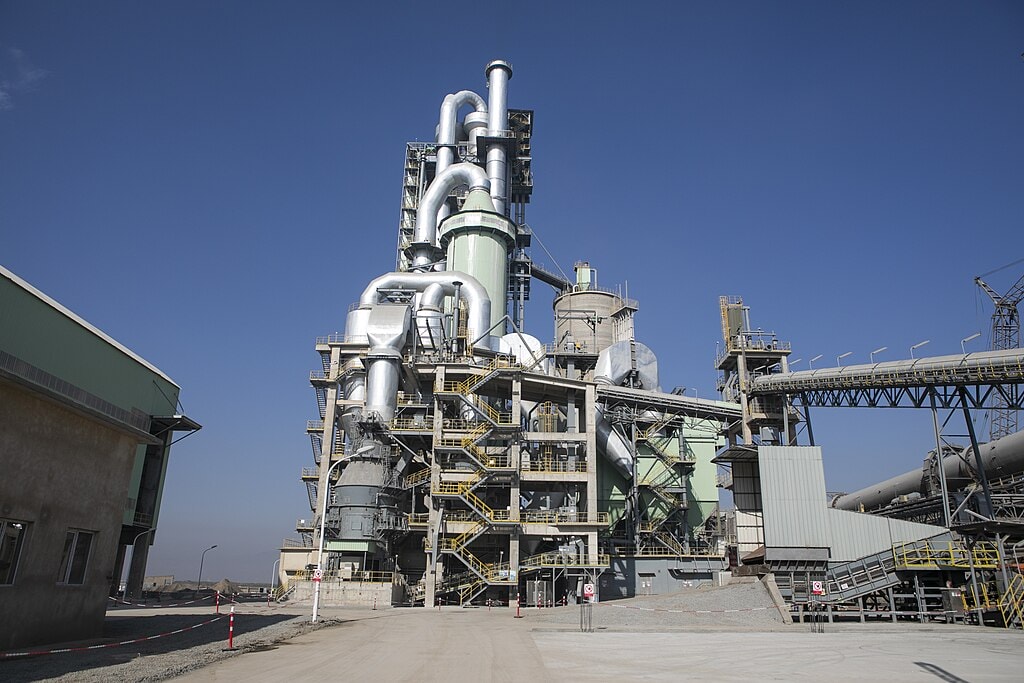Compensating for carbon emissions by investing in carbon offsets in parallel, can form a part of the net-zero strategy to reduce emissions and mitigate climate change. But in some cases, the true value of these offsets is being drawn into question.
That’s not to say however, that the individuals, organisations and brands who obtain voluntary carbon offsets are necessarily doing so in vain – any contribution to emissions reduction is worthwhile.
But where the problem lies, is in the difficulties faced in quantifying the tangible downstream impact they actually have on the environment and climate.
That’s where organisations such as Verra come in as a certifier of carbon credits – “the world’s leading standards for climate action and sustainable development.”
Verra has grown rapidly since its foundation in Switzerland in 2007, now accounting for three out of every four offset approvals worldwide through their “Verified Carbon Standard” (VCS) program, announcing the sale of their 1 billionth carbon offset credit during COP27 last year.
Verra just issued the 1 billionth carbon credit from the Verified Carbon Standard (VCS) Program. The credit was issued from the Chyulu Hills #REDD+ Project, Kenya, which is owned & managed by local communities & institutions. #carbonmarkets #climateaction https://t.co/p2v4e8a8oB pic.twitter.com/K97l2feYZG
— Verra – Standards for a Sustainable Future (@VerraStandards) November 11, 2022
Corporations such as Netflix, Disney, Shell, Gucci, Salesforce and easyJet are some of the many companies that have purchased rainforest offset credits that have been certified by Verra from the VCS Program.
Purchasing these credits often forms part of companies’ net zero strategies, because in offsetting emissions they could aim to achieve a “carbon neutral” status.
As such, billions of dollars are channeled through Verra and equivalent organisations in the offset industry to fund projects that say they counter greenhouse gas emissions through carbon sequestration and deforestation prevention, with the overarching intention of helping curb climate change.
However, a recent investigation conducted by journalists at the Guardian, the German newspaper, Die Zeit, and the investigative journalism non-profit, SourceMaterial, has questioned the accuracy of some carbon offsets.
Related Articles: Why Do Carbon Offsets Not Effectively Offset Carbon? | Are Carbon Offsets Worsening the Climate Crisis? | Are Major Corporations Doing Enough To Tackle Their Carbon Footprint? | UN Experts Demand Crackdown on Greenwashing of Net Zero Pledges
Their analysis says that a substantial amount of the rainforest carbon offsets certified by Verra could be what they call “phantom credits,” which might not constitute real carbon reductions, and are possibly “worthless.”
The investigation also reported that these so-called “phantom credits” could possibly even make global heating worse.
“The implications of this analysis are huge. Companies are using credits to make claims of reducing emissions when most of these credits don’t represent emissions reductions at all,” said Barbara Haya, the director of the Berkeley Carbon Trading Project.
The analysis
The investigation was carried out over a nine month period by the Guardian, Die Zeit, and SourceMaterial. It was largely based on an analysis of three scientific studies that looked at Verra’s rainforest carbon offset projects, as well as interviews with experts, “industry insiders,” and indigenous communities.
The goal of the studies was to examine how accurate Verra’s offset predictions were. The studies analysed satellite imagery from a number of Verra-approved projects that operate under the UN’s REDD+ framework (Reducing Emissions from Deforestation and Forest Degradation), and attempted to determine the true effectiveness of such projects in curbing emissions. The REDD+ framework was created at COP19 in Warsaw in 2013.
The Guardian explains that:
“The organisations that set up and run these projects produce their own forecasts of how much deforestation they will stop, using Verra’s rules. The predictions are assessed by a Verra-approved third party, and if accepted are then used to generate the credits that companies can buy and use to offset their own carbon emissions.”
Though the exact methodology, time period, limitations and project sample-size analysed by each study group differed, their conclusions concurred that the effectiveness of measuring carbon emission reductions were significantly overstated.
When comparing Verra’s predictions with the scientists’ results, the journalists reported, for example, that around 94% of the credits generated from two validated projects had no climate benefit. They also reported that in 32 projects the predicted deforestation rates have been overstated by around 400%.
Verra’s response
Verra strongly disagree with the investigation’s results, and have sent a full response to the Guardian as a result of their article.
In its response, Verra has stated the following:
“The Guardian, based on work with Die Zeit and SourceMaterial has incorrectly claimed that Verra-certified REDD projects are consistently and substantively over-issuing carbon credits.”
They went on to say:
“The claims in this article are based on studies using ‘synthetic controls’ or similar methods that do not account for project-specific factors that cause deforestation. As a result, these studies massively miscalculate the impact of REDD projects.”
And also explained that:
“Verra develops and continually improves methodologies based on the best-available science and technology through rigorous consultations with many academics and experts. This ensures that project baselines used to calculate carbon credits are robust and a credible benchmark against which to measure the impact of REDD projects.”
Verra’s response goes on to cover (read the full response here):
- The role of Verra in supporting global climate action
- Why the studies reach incorrect conclusions
- How Verra develops credible baselines
Verra’s Chief Legal, Policy, and Markets Officer, Robin Rix, told the Guardian:
“It is absolutely incorrect to say that 90% of Verra-certified REDD+ credits are worthless. The article bases this false claim on extrapolations of three reports by two different groups, who assessed a small number of projects using their own methodologies. We will publish our own complete assessment shortly.”
Verra has published a response to the Guardian article that incorrectly claims that REDD+ projects are consistently and substantively over-issuing carbon credits. https://t.co/3SwkHP9V94#carbonmarkets #carboncredits #carbonoffsets #climatefinance
— Verra – Standards for a Sustainable Future (@VerraStandards) January 18, 2023
The path ahead
This investigation shines a spotlight on the voluntary carbon offsets industry.
In an article titled: “What are carbon markets and why are they important?” the United Nations Development Program states:
“If held to high standards of integrity and transparency, carbon markets can help accelerate the transformation needed, by effectively putting a price on pollution and creating an economic incentive for reducing emissions. They can also help generate some of the vast sums needed to build resilience.”
What’s more, with the estimated level of deforestation in the Amazon Rainforest thought to be around 17%, and its “tipping point” possibly getting ever closer, the importance of projects to protect, conserve and restore the rainforest cannot be understated.
— —
Correction: This article (including the title, subtitle and content) has been amended and refocused since publication to better incorporate both the findings of the investigation as well as the response from Verra, to avoid any possible misunderstanding or unfair assumptions, generally, or in relation to individuals, organisations, industries, or intergovernmental initiatives and organisations. Furthermore, this article has been amended in line with the Guardian’s correction regarding Verra being a certifier of carbon credits, rather than a “provider” of such credits.
Editor’s Note: The opinions expressed here by the authors are their own, not those of Impakter.com — In the Featured Photo: Forest ground view. Featured Photo Credit: Arnaud Mesureur/Unsplash














